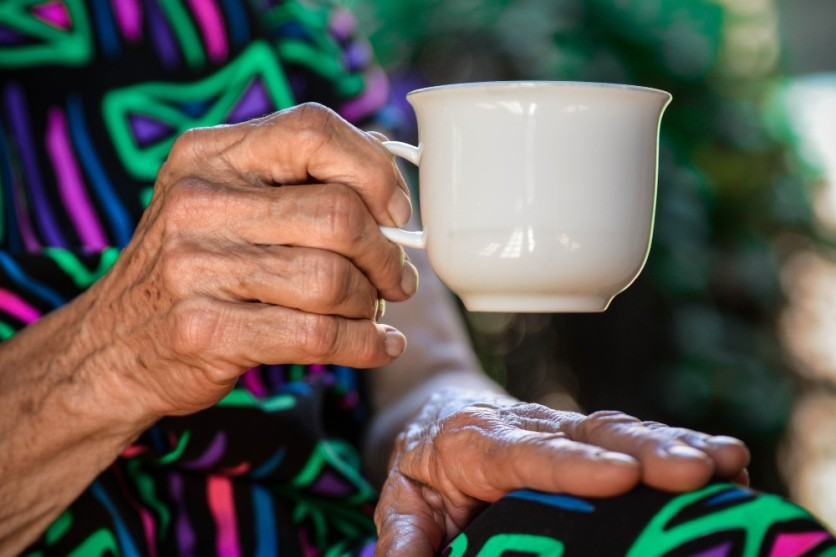Breaking research reveals that fingers that appear to lose their nimbleness in everyday activities, such as buttoning a shirt or writing a list, can regain their dexterity.
In a groundbreaking study conducted at the University of Colorado Boulder, researchers have shown that manual dexterity, the ability to use your hands skillfully, can improve over time, defying common aging myths. This study challenges the notion that declining hand skills are an unavoidable consequence of aging.

The Research
The research team, led by first author Sajjad Daneshgar and co-authors Taylor Tvrdy and Professor Roger Enoka, worked with more than two dozen study participants aged 60 to 83 to investigate whether manual dexterity could be enhanced through practice and time. The results were nothing short of astonishing.
Throughout six sessions, participants were tasked with a grooved pegboard exercise. This test required participants to fit small, keyhole-shaped metal pegs into 25 holes on a board as quickly as possible. The keyholes had different orientations on the board, making the task challenging.
Not only did participants need to manipulate the pegs with their fingers to position them correctly, but they also had to fit them precisely into the holes. At first glance, it might seem like a simple game, but it is an intricate process that involves coordination between the mind and the muscles.
Lead author Daneshgar explained that your mind controls your physical function, and they are conducting extensive research on the relationship between cognitive processes, muscular activity, and the nervous system. They have observed that the mind's cognition and learning abilities are closely linked to muscle dexterity.
Interesting Findings
One remarkable example from the study involved a 67-year-old woman who used to play the piano in her youth. Although the average time to complete the pegboard exercise was between 40 and 50 seconds, she completed it in just 36 seconds, faster than some researchers.
This suggests that certain activities performed earlier in life, like playing a musical instrument or engaging in sports like rock climbing, can have a lasting positive impact on manual dexterity. The brain retains its memory of controlling those muscles.
Notably, the study also found that even those who didn't have a history of such activities could benefit from practice. Regardless of their initial performance, all participants improved their pegboard times by the end of the study.
Daneshgar noted, "The brain can improve manual dexterity. It's not just at the level of the fingers. Signals from the brain are controlling function, and practicing aids learning."
The research not only challenges the age-related decline in manual dexterity but also questions the traditional way of categorizing individuals' performance based on chronological age during their later years.
The study was published in the journal Med Sci Sports Exerc.
Stay posted here at Tech Times.
Related Article : Scientists Unveil the Most Complete Atlas of the Human Fetal Kidney

ⓒ 2026 TECHTIMES.com All rights reserved. Do not reproduce without permission.




